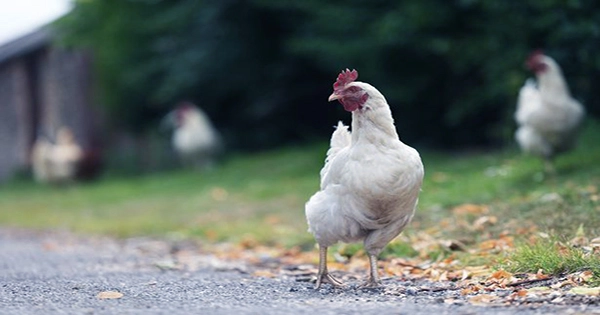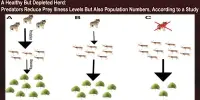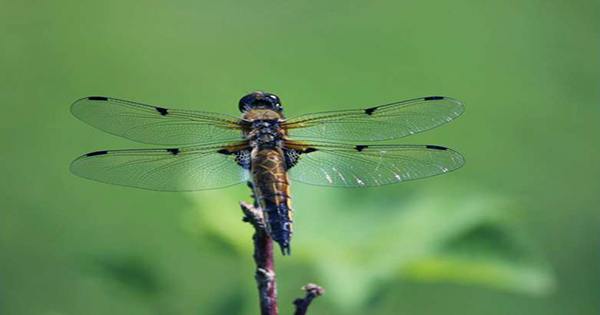As bird flu continues to spread throughout the globe and kills and infects hundreds of animals, including TikTok star Emmanuel and even dolphins and porpoises, it has recently received a lot of media attention. The government has established an Avian Influenza Prevention Zone (AIPZ) to combat Britain’s worst-ever outbreak of the disease after a rare human case was discovered there in early 2022.
Due to the AIPZ regulations, all bird owners, whether they own them for profit or not, are now required by law to adhere to stringent biosecurity regulations that went into effect at noon on Monday, October 17. The objective is to stop the spread of avian flu among domestic animals and commercial flocks.
According to a UK government press release, “Utilizing the greatest levels of biosecurity measures on farms is the most effective strategy in decreasing the danger of the disease spreading and is the best way to protect flocks.”
The introduction of the AIPZ follows the UK’s largest-ever avian flu outbreak, which has seen 190 cases diagnosed nationwide since late October 2021, with over 30 of those cases identified just this month.
Among the AIPZ measures are:
- limiting non-essential users’ access to relevant websites
- changing into new clothes before visiting bird enclosures
- regular site vehicle disinfection
People with backyard pets like chickens, ducks, and geese are also being urged to take preventative measures to stop the disease from spreading among their animals, even if some measures, like those above, only apply to owners of 500 birds or more.
Although it is not yet thought that bird flu will endanger human health, as we saw from the COVID-19 pandemic, the more a virus spreads, the more likely it is that a mutation will take place and allow the infection to infect human hosts.
While the Food Standards Agency has stated that there is little risk to consumers from chicken meat and eggs, the UK Health Security Agency (UKHSA) has stated that the risk of avian flu for humans is still low.
The Chief Veterinary Officers for England, Scotland, and Wales stated that this year’s avian flu outbreak was the greatest in history and that winter will pose an even greater risk to flocks as migrating birds return to the United Kingdom.
“The establishment of an AIPZ implies that, regardless of whether you keep a handful or thousands of birds, you are legally compelled to comply with additional biosecurity regulations to safeguard your birds from this highly contagious disease,” says the statement.
















